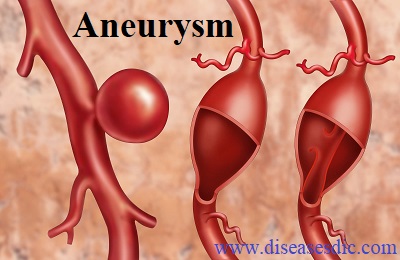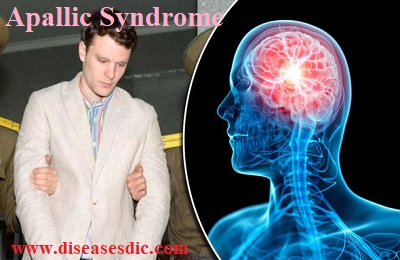Definition Avian influenza is also called as Bird flu. Avian influenza refers to the disease caused by infection with avian (bird) influenza (flu) Type A viruses. These viruses occur naturally among wild aquatic birds worldwide and can infect domestic poultry and other bird and animal species. Avian flu viruses do …
Read More »ADHD – Definition, Symptoms, Treatment, and Prevention.
Introduction ADHD (Attention Deficit Hyperactivity Disorder) is a brain disorder marked by an ongoing pattern of inattention and/or hyperactivity-impulsivity that interferes with functioning or development. ADHD has three sub-types Predominantly hyperactive-impulsive Most symptoms (six or more) are in the hyperactivity-impulsivity categories. Fewer than six symptoms of inattention are present, although …
Read More »AAA Syndrome: Causes, Symptoms and complications.
Introduction AAA syndrome is a rare autosomal recessive disorder characterized by adrenocorticotropic hormone (ACTH)-resistant adrenal insufficiency, alacrima and achalasia. Primary adrenal insufficiency or also known as Addison disease, is caused by abnormal function of the small hormone-producing glands on top of each kidney (adrenal glands). The main features of Addison …
Read More »Achalasia – Diagnosis, Complications and Treatment.
What is Achalasia? Achalasia is a serious condition that affects your esophagus. The esophagus is the tube that carries food from the throat to the stomach. The lower esophageal sphincter (LES) is a muscular ring that closes off the esophagus from the stomach. If you have achalasia, your LES fails …
Read More »Aneurysm – Causes, Complications and Treatment.
Definition An aneurysm occurs when an artery’s wall weakens and causes an abnormally large bulge. This bulge can rupture and cause internal bleeding. About 13,000 deaths occur each year in the United States from aortic aneurysms. Although an aneurysm can occur in any part of your body, they’re most common in …
Read More »Alzheimer’s Disease – Root Cause, Prevention, and Assistive Aids.
Introduction Alzheimer’s disease is a progressive disease that destroys memory and other important mental functions. At first, someone with Alzheimer’s disease may notice mild confusion and difficulty remembering. Eventually, people with the disease may even forget important people in their lives and undergo dramatic personality changes. Alzheimer’s is the most …
Read More »Alkaptonuria – Causes, Symptoms, and Prevention.
Definition Alkaptonuria is a rare inherited disorder. It occurs when your body can’t produce enough of an enzyme called homogentisic dioxygenase (HGD). This enzyme is used to break down a toxic substance called homogentisic acid. When you don’t produce enough HGD, homogentisic acid builds up in your body. The buildup …
Read More »Apallic syndrome – Causes, Diagnosis, and Prognosis.
Introduction Apallic syndrome (AS) also called Unresponsive Wakefulness Syndrome (UWS) and Persistant Vegetative State. It is a result of a traumatic brain injury such as diffuse, bilateral cerebral cortical degeneration and anoxia, or encephalitis which causes the brain to halt the ability to create thoughts, experience sensation, and remember past …
Read More » Diseases Treatments Dictionary This is complete solution to read all diseases treatments Which covers Prevention, Causes, Symptoms, Medical Terms, Drugs, Prescription, Natural Remedies with cures and Treatments. Most of the common diseases were listed in names, split with categories.
Diseases Treatments Dictionary This is complete solution to read all diseases treatments Which covers Prevention, Causes, Symptoms, Medical Terms, Drugs, Prescription, Natural Remedies with cures and Treatments. Most of the common diseases were listed in names, split with categories.








